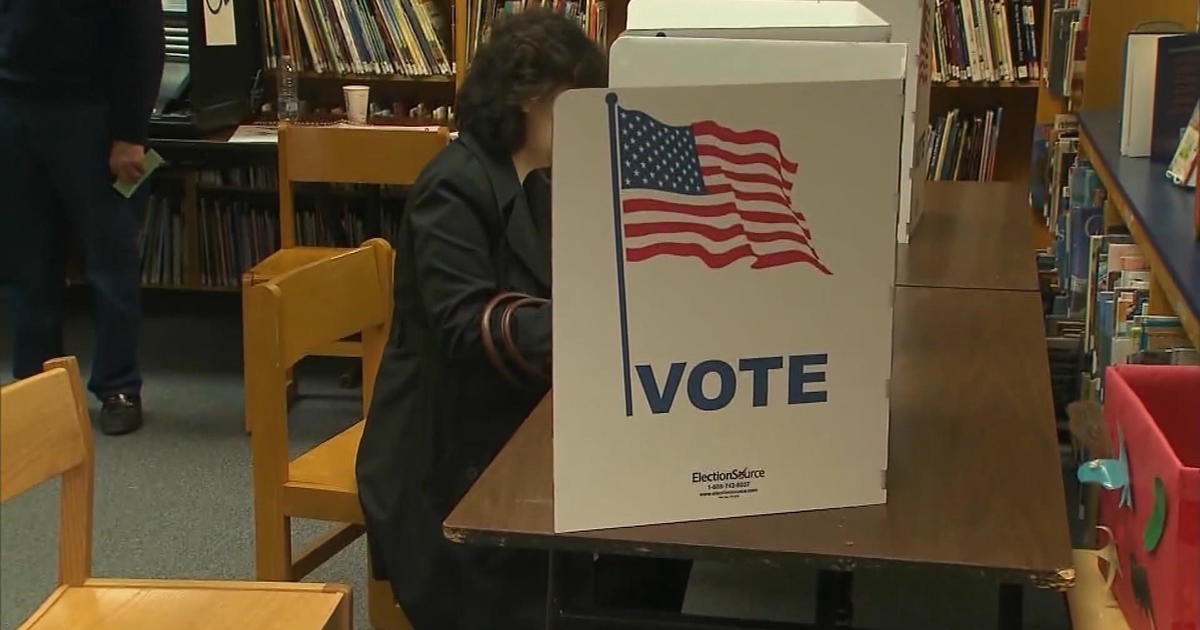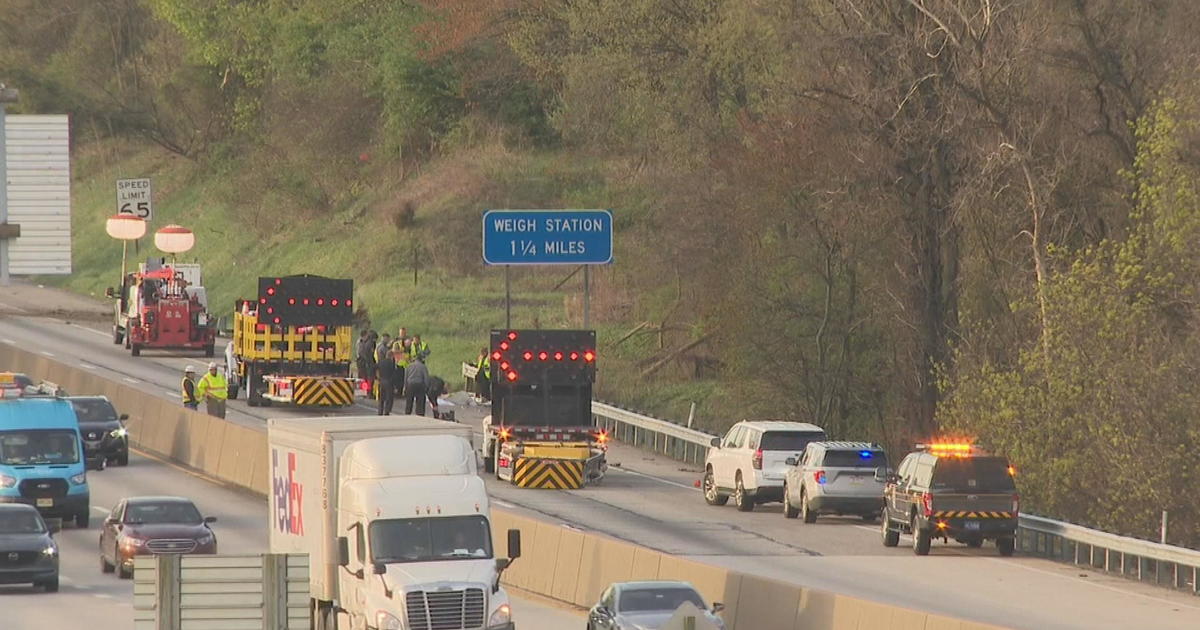Pennsylvania DAs Take Aim At Wolf's Death Penalty Moratorium
HARRISBURG, Pa. (AP) — The Pennsylvania District Attorneys Association said Tuesday that Gov. Tom Wolf's death penalty moratorium could affect plea bargains and how judges and juries view executions, arguing it violates elements of the state constitution.
The association released a friend-of-the-court brief in a case before the state Supreme Court that challenges the governor's policy, saying he has misinterpreted the term "reprieve." The prosecutors said reprieves can only halt a criminal sentence for a defined period of time and for a reason that relates specifically to a particular convict.
"Without a proper check from this court, the governor's actions will have increasingly negative effects on the criminal justice system," the prosecutors' group told the justices. "For example, the so-called moratorium may impact plea discussions and negotiations and may impact how judges and juries view the death penalty."
Wolf, a Democrat, announced the moratorium in February, suspending plans to execute Terrance Williams for a 1984 robbery and fatal tire-iron beating of another man in Philadelphia. He has called the current system error-prone and expensive, and announced plans to continue to issue reprieves while a legislative committee prepares a report about the state's use of capital punishment.
A message seeking comment left at his office Tuesday was not immediately returned.
Only three people have been executed in Pennsylvania since the death penalty was legalized by the U.S. Supreme Court in 1976, and all three of them had voluntarily given up on their appeals.
Wolf's actions have not stopped prosecutors from seeking the death penalty, nor have they shut down death row. The Corrections Department says there are currently 182 men and three women on death row.
The prosecutors' group said Wolf's actions run counter to state constitutional provisions that require a unanimous vote of the Pardons Board to permanently change any life or death sentence before the governor can commute it.
"A governor who wishes to make unilateral determinations on whether to enforce the death penalty, of course, will view this as an obstacle," the prosecutors wrote. "But this court should not overlook the specific and drastic limits the people have placed on the governor's clemency powers."
They also argued that the constitution does not specifically give the governor the ability to grant a reprieve without a formal petition or an application for clemency from the inmate, so it's "of questionable legitimacy" for him to do so.
Wolf has said he wants to hear from the Pennsylvania Task Force and Advisory Committee on Capital Punishment, a group established by a state Senate resolution in 2011. The prosecutors noted a House resolution on the task force died in committee.
"Therefore, besides being almost two years overdue, whatever stock the governor gives the task force's forthcoming report, it will not enjoy the joint authority of both legislative houses," the prosecutors argued.
They also said Wolf has a constitutional obligation to faithfully execute the laws, and that under the separation-of-powers doctrine he may not unilaterally refuse to enforce a law, even if he disagrees with the policy.
(© Copyright 2015 The Associated Press. All Rights Reserved. This material may not be published, broadcast, rewritten or redistributed.)



